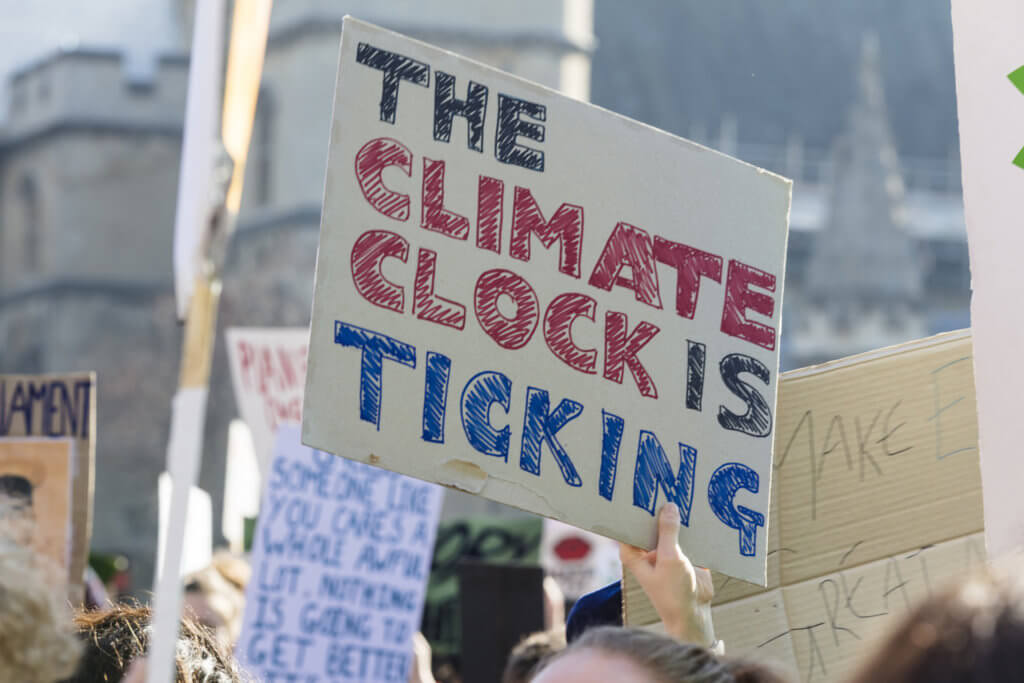LONDON — Worrying about climate change may be ruining the mental health of young people, a recent study reveals. Researchers in the United Kingdom and Australia uncovered that “climate distress” is leading to a surge in negative emotions among young adults between 16 and 24 in the U.K.
However, the study finds this distress might also inspire young people to undertake positive environmental actions.
In this research, experts from Imperial College London and the University of Queensland polled young British adults regarding their experiences with “climate distress.” Participants answered questions about their overall mental health, distress due to climate change, the impact of climate change on their lives, and their involvement in environmental and climate-related actions.
The results, published in the journal PLOS Global Public Health, indicate that those with pre-existing mental health issues might be more susceptible to climate distress. Notably, about one in 10 participants expressed being “highly distressed,” with concerns about the future effects of climate change ranking higher than other issues.
Despite a limited number of these individuals having experienced extreme climate events, many reported distress stemming from the environmental degradation of beloved places, the lack of action on climate change, feelings of powerlessness, concerns about the future, and emotions of guilt and shame.

Yet, those who were highly distressed also frequently reported deriving meaning and fulfillment from participating in climate action. The research, spearheaded by Dr. Emma Lawrance of Imperial College, highlighted that both positive emotions, like hope, and negative ones, like anger and frustration, were connected to climate activism. In contrast, emotions such as guilt, shame, sadness, and fear correlated with decreased initiative.
This study paints a multifaceted picture of the climate distress experienced by young people in the U.K. The researchers emphasize the need for further exploration into why climate distress propels some to action while pushing others into inaction.
“Even in the midst of the global pandemic, and despite being spared the worst of climate impacts, young UK residents were distressed about climate change. Our work suggests that emotions linked to climate change may inspire action-taking, which has implications for how we communicate about climate change. Our findings also highlight the need for targeted, climate-aware psychosocial support to sustain young people’s climate engagement and mental health simultaneously,” the researchers conclude in a media release.
You might also be interested in:
- Child-free generation? 1 in 4 young adults already ruling out having kids
- Climate change is turning Earth’s oceans from blue to green
- Your favorite wine could be wiped out by climate change
South West News Service writer Stephen Beech contributed to this report.

